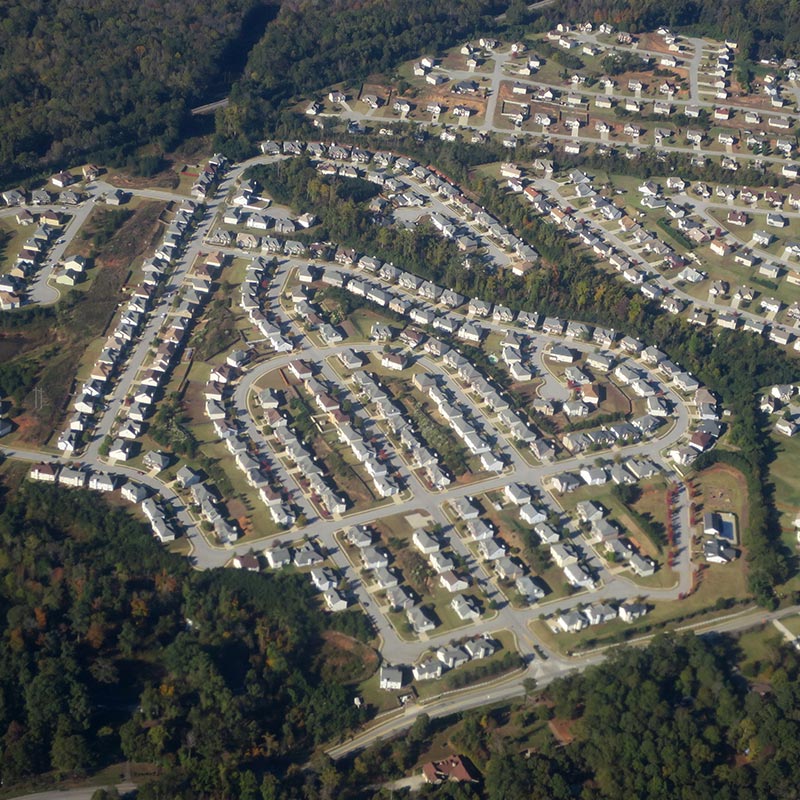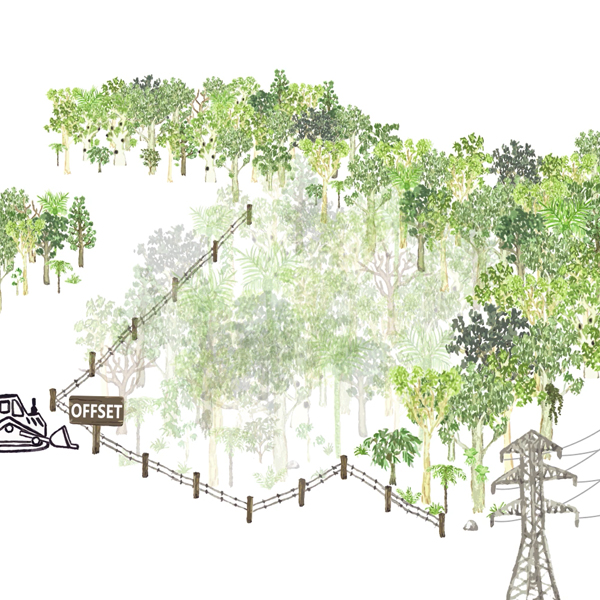A global goal of no net loss of natural ecosystems or better has recently been proposed, but such a goal would require equitable translation to country-level contributions. Given the wide variation in ecosystem depletion, these could vary from net gain (for countries where restoration is needed), to managed net loss (in rare circumstances where natural ecosystems remain extensive and human development imperative is greatest). National contributions and international support for implementation also must consider non-area targets (for example, for threatened species) and socioeconomic factors such as the capacity to conserve and the imperative for human development.
Maron, M., Simmonds, J.S., Watson, J.E.M., Sonter, L.J., Bennun, L., Griffiths, V.F., Quétier, F., von Hase, A., Edwards, S., Rainey, H., Bull, J.W., Savy, C.E., Victurine, R., Kiesecker, J., Puydarrieux, P., Stevens, T., Cozannet, N. & Jones, J.P.G. (2020), Global no net loss of natural ecosystems. Nature Ecology & Evolution, 4, 46-49.

